True crime011 Archivesbe a tricky genre, full of rubbernecking over human tragedy. However, HBO’s new documentary series, Last Call: When A Serial Killer Stalked Queer New York,has been earning praise from critics for its sophisticated and empathetic approach to its dark material. The focus of the series is less on the notorious murderer or the graphic details of his crimes and more on the victims, their families, and the LGBTQ+ advocacy that arose from this grim tragedy.
Based on the Edgar Award-winning investigative book by Elon Green,Last Call: A True Story of Love, Lust, and Murder in Queer New York, the four-part series examines what happened during the two years that the queer community of New York City lived in fear of a suspected serial killer preying on men at gay hot spots. Directed by Anthony Caronna, Last Callfocuses on the victims' stories, as well as how the biases of the police and the media hampered the investigation, as well as how the queer community fought back.
Whether you're watching the series or just want to know what really went down, we've got you covered.
Between 1991 and 1993, the bodies of four gay and bisexual men — Thomas Mulcahy, Anthony Marrero, Michael J. Sakara, and Peter Stickney Anderson — were found in New Jersey, New York, and Pennsylvania. Despite the disparate discovery locations and personal details, one thing they all had in common was a killer who'd evaded a police force and justice system notorious for aggression or apathy toward the gay community. Because of his method of targeting gay and bisexual men at bars at the end of the night when last call for alcohol was announced, the killer was dubbed by the press the "Last Call Killer."
On May 3, 1991, 54-year-old banker Peter Stickney Andersontraveled from Philadelphia to New York City, where he attended a fundraiser and then visited the Townhouse, an upscale piano bar on the Upper East Side with a clientele that was largely gay. Anderson, who was married and ostensibly in the closet, was never seen again after getting into a cab headed to the Waldorf Astoria Hotel. Two days later, his body was found off the Pennsylvania Turnpike.
In July 1992, Massachusetts businessman Thomas Mulcahyalso came to New York on a business trip that he ended with a visit to the Townhouse. The remains of the married father of four were found in two different trash cans off of the New Jersey Turnpike on July 10, 1992.
The last two victimslived in New York City but were both originally from Philadelphia: 44-year-old Anthony Marrero, a sex worker who is warmly remembered in the doc by his family and friends, and 56-year-old Michael Sakara, a typesetter who was last seen at the Five Oaks Bar piano bar in Greenwich Village, were both murdered in 1993. Their bodies were found in New Jersey and New York, respectively. Marrero's obituary, with the headline "Crack Addict, Prostitute,"illustrated the media's attitude towards sex workers, and assisted not only the police but the public in dismissing his murder.
To be clear, the focus of HBO's documentary is the victims, as well as the homophobia within the criminal justice system that proved another obstacle in cracking the case. There's still much that's unknown about their convicted murderer, Richard Rogers, who is now 73 years old and serving two consecutive life sentences at the New Jersey State Prison.
In Last Call, director Anthony Caronna comments on the speculation around Rogers's motives for the murders. However, the doc series suggests that it doesn't matter if Rogers was a closeted gay man or a homophobe enacting his rage. Whatever his motives, it remains that he killed four people, each of whom is still mourned over and missed by their surviving families, be they biological or chosen.
In addition to being convicted of two of the Last Call murders, Rogers is a suspect in at least two other homicides: Matthew John Pierro, who was last seen leaving a gay bar in Orlando, Florida, in 1982; and Jack Franklin Andrews, found dead at a rest stop in Litchfield, Connecticut, in 1986. Both crimes remain unsolved.
In 1973, while a graduate student at the University of Maine, Rogers was charged in the murder of his housemate, Frederick Allen Spencer. Rogers was acquitted when he employed the "gay panic defense,"claiming Spencer hit on him. Rogers was also acquitted in the 1988 assault on a man whom he allegedly brought back to his Staten Island apartment and drugged, then carried out of his building and left on the street. The alleged victim testified, yet Rogers went free. Three years later, the Last Call killings began. At the time of his arrest in 2001, Rogers was working as a surgical nurse at Mount Sinai Hospital Pediatric Ward.
Police finally created a cross-state task force in 1993, and then sought assistance from the FBI. However, little progress was made until 1999, when fingerprints from the Last Call crime scenes were matched with those of Rogers' from Maine's fingerprint database, where they had remained on file since 1973.
New York City's queer community was in the grip of the AIDS crisis in the early 1990s. In 1992, the city saw 58,174 total diagnoses and 38,635 deaths, and by 1993, the number of deaths had jumped to 46,060. At the same time, incidents of hate crimes were rising, and the Last Call murders ruptured the spaces where many queer people went to feel safe: bars.
The rampant homophobia in the NYPD, including the fact that Commissioner Raymond Kelly was a member of the Emerald Society(which, in 1991, passed a resolutionopposing the inclusion of LGBTQ+ groups in the city's St. Patrick's Day Parade) are believed to have jeopardized investigations into the murder.
It was activists, many of whom appear in the documentary, including those with the NYC Anti-Violence Project, who flyered neighborhoods about the killer and put up the reward money for information, as well as reporters on the cable news show Gay USAand Gay City News, which reported on the murders and called out politicians on their oversight. The story of the Last Call Killer and his reign of terror is one of justice delayed, but also of a community who organized and fought back in order to save themselves.
How to watch: Last Call: When a Serial Killer Stalked Queer New York airs Sunday nights on HBO, then streams on Max.
Topics Streaming True Crime
 How to Settle Down with Dystopia
How to Settle Down with Dystopia
 'You changed' meme perfectly explains why we're so different in 2020
'You changed' meme perfectly explains why we're so different in 2020
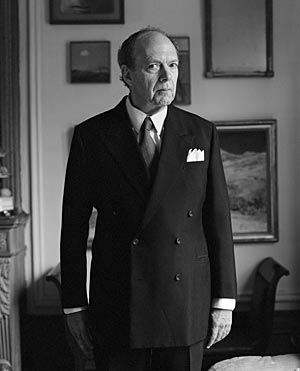 On Frederick Seidel’s “Spin”
On Frederick Seidel’s “Spin”
 5 ChatGPT plugins that do what they promise
5 ChatGPT plugins that do what they promise
 Every MCU movie villain ranked, from "Iron Man" to "Thunderbolts*"
Every MCU movie villain ranked, from "Iron Man" to "Thunderbolts*"
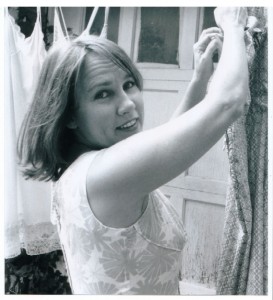 What We're Loving: All Kinds of Poetry by Sadie Stein
What We're Loving: All Kinds of Poetry by Sadie Stein
 Tonight! Join Us at the Strand by The Paris Review
Tonight! Join Us at the Strand by The Paris Review
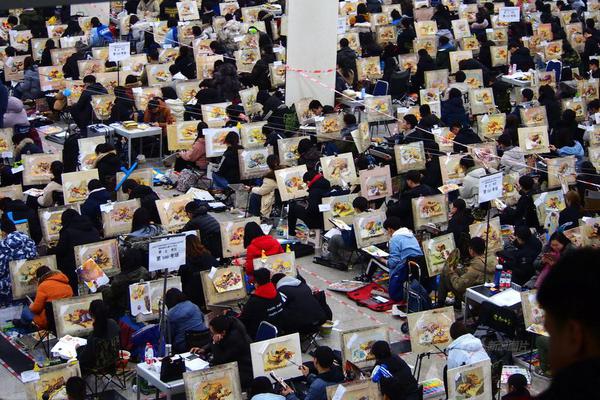 Take your nudes up a notch: how to make a hot masturbation video
Take your nudes up a notch: how to make a hot masturbation video
 Tonight! Join Us at the Strand by The Paris Review
Tonight! Join Us at the Strand by The Paris Review
 Best headphones deal: Save up to 51% on Beats at Amazon
Best headphones deal: Save up to 51% on Beats at Amazon
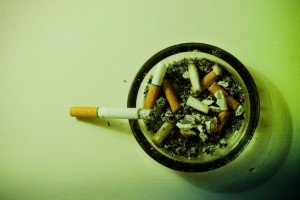 Dear Lane Pryce, Some Retroactive Advice by Adam Wilson
Dear Lane Pryce, Some Retroactive Advice by Adam Wilson
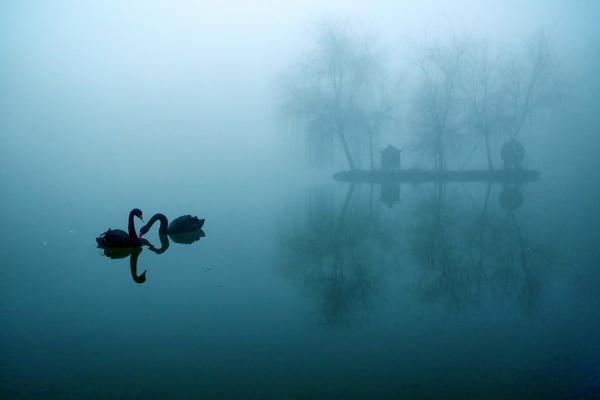 The 15 best tweets of the week, including some calamari
The 15 best tweets of the week, including some calamari
 The 15 best tweets of the week, including some calamari
The 15 best tweets of the week, including some calamari
 A Typical Wall Street Republican
A Typical Wall Street Republican
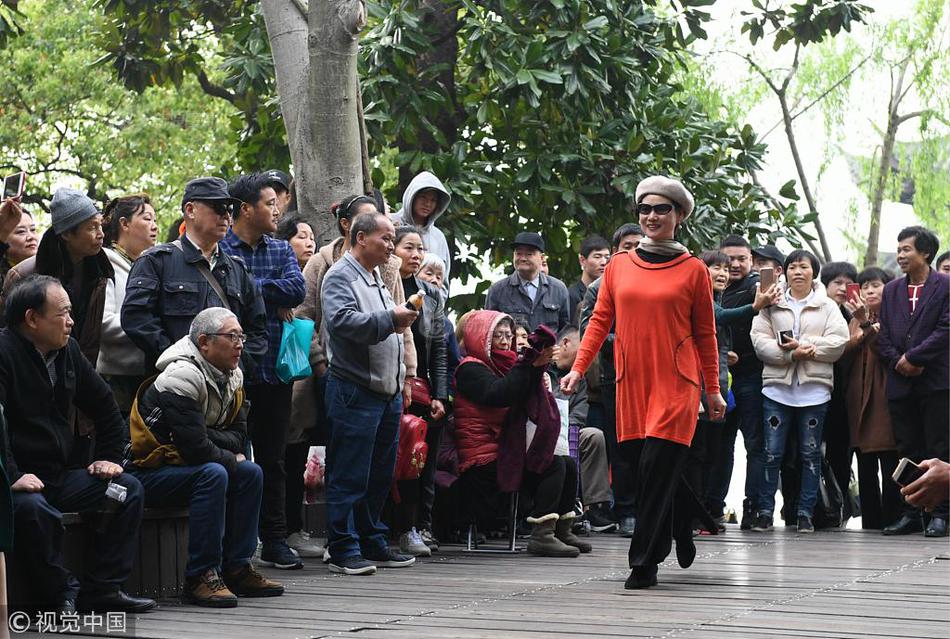 On Kobe's birthday, Vanessa Bryant and others share fond memories
On Kobe's birthday, Vanessa Bryant and others share fond memories
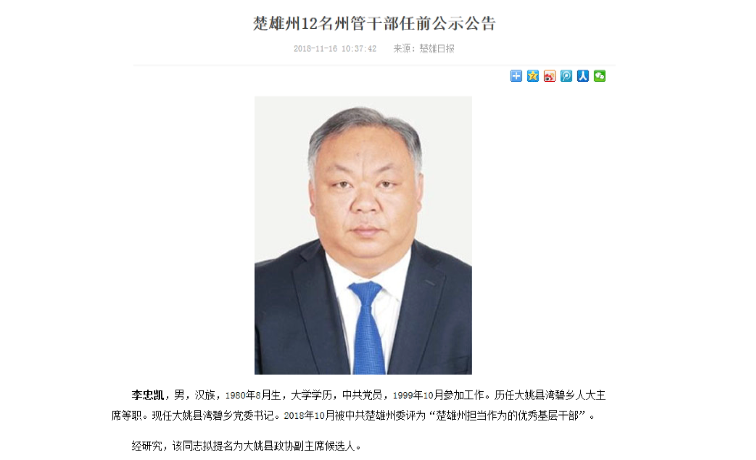 Hyundai and Kia will pay $200 million in settlement over 'Kia Challenge' car thefts
Hyundai and Kia will pay $200 million in settlement over 'Kia Challenge' car thefts
 5 ChatGPT plugins that do what they promise
5 ChatGPT plugins that do what they promise
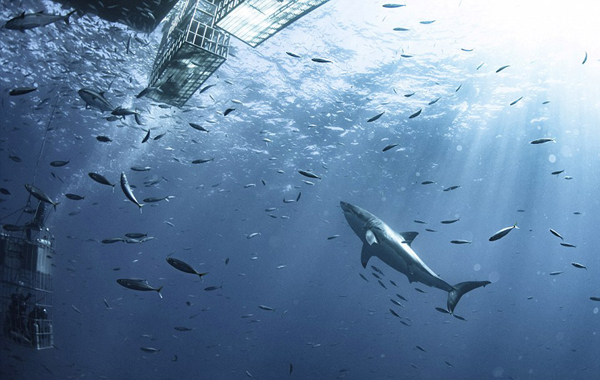 NYU students use TikTok to expose the school's bleak quarantine meal plan
NYU students use TikTok to expose the school's bleak quarantine meal plan
Slack's dark mode on mobile is now available to all usersThe CDC has advice for eTesla says it'll keep more stores open and raise car prices'Fantastic Four' director expertly roasts himself on TwitterApple announces March 25 eventDark mode for Google Chrome is finally out on MacCo–Star's push notifications: Here's why they're so wild'Be More Chill' review: It's sexist, reductive and teens are obsessedHere's why some people are getting $20 checks from LinkedInWatch out, AT&T: Trump says he opposes your Time Warner mergerNo one's more upset about the 'Walking Dead' premiere than this sobbing fanTrump admin considers using social media to deny you benefitsSlack's mobile dark mode is available now for beta usersThe eviction of a refugee camp is being live streamed on FacebookNo one's more upset about the 'Walking Dead' premiere than this sobbing fanAdnan Syed of ‘Serial’ denied new trial days before HBO documentaryThe US urges Germany to reject Huawei's bid for its 5G networkYour social media photos could be training facial recognition AI without your consentTrump admin considers using social media to deny you benefitsInstagram co Tesla is powering an entire island with solar energy, NBD Kanye West's terrible, horrible, no good, very bad 2016 Adele posts heartwarming message to fans after finishing tour Chance the Rapper sends love to Kanye West after hospitalization U.S. Soccer fires head coach Jurgen Klinsmann Hotel's magical Christmas decor comes from Apple designers Hillary Clinton spotted living her best life at Rhode Island bookstore The future of high People are completely horrified by this 'Hail Trump' video Kim K reportedly rushes to Kanye West's side as celebrities tweet support Adverts on the Tube have been 'hacked' to spread an important message Here's what Emma Watson thinks of 'Fantastic Beasts' Trump supporters are pissed he won't pursue charges against Hillary Clinton Discrimination runs rampant throughout the gig economy, study finds Who are the 41 lucky people Trump follows on Twitter? Crowdfunding is giving parents all the baby gear they didn't know they needed YouTuber Casey Neistat says goodbye to vlogging 'Rogue One' revelations: Everything we just learned about the new Star Wars movie Donald Trump cancels, then uncancels, meeting with the 'not nice' New York Times Teens have officially gone off the deep end with the #BackpackChallenge
2.3917s , 10155.3984375 kb
Copyright © 2025 Powered by 【2011 Archives】,Evergreen Information Network